Most of the lost treasures of Tennesee are those buried or concealed during the Civil War by Confederate and Union troops. Many times the soldiers were either killed in combat right after they buried the treasure or couldn’t locate exactly where they had buried their treasures. In either case, this leaves some very interesting buried treasure stories.
In this article, we will be discussing some of these Civil War lost treasures and other treasures that are buried in the great state of Tennessee. So if you are from Tennessee or interested in visiting this state then you will more than likely enjoy the 10 lost treasures of Tennessee. Most Civil War battlefields are off-limits to treasure seekers so make sure you get permission before metal detecting and digging anywhere in Tennessee.
If you abide by the laws and get the correct permissions you might find yourself a valuable lost treasure that you can tell your grandkids about. Civil War treasure is awaiting discovery in Tennessee!
10 Lost Treasures of Tennessee
| TREASURE | AMOUNT | LOCATION |
|---|---|---|
| Lost Confederate Payroll Near Fort Donelson | $60,000 in gold and silver coins | Near Fort Donelson close to Bear Springs which is located on the west side of Lake Barkley. |
| Lost Treasure Chest in the Buffalo River | $50,000 in gold and silver coins | In the Buffalo River about two miles northwest of Flat Woods Tennessee. |
| Buried Confederate Treasure in Dover | Gold and silver coins | Dover, Tennessee lies about 67 miles west-northwest of Nashville. |
| Solomon Shaws Buried Kegs of Gold | Three nail kegs of gold coins | Just off of Nance Road near the old Shaw plantation that was four miles north of Alamo, Tennessee. |
| Buried Union Payroll on Dollar Hill | $15,000 in gold coins | Somewhere on Dollar Hill close to Clarksburg, Tennessee about 20 feet east from one of the springs there. |
| Captain Kelly’s Buried Gold | $13,000 in gold | Somewhere near Primm Springs, Tennessee. |
| The Beckham Plantation Treasure | An unknown amount of gold | Alexander Beckham’s old plantation about two miles north of Tiptonville, Tennessee. |
| Lost Treasure Near Clear Fork Creek | $15,000 in silver dollars | In a cave near Clear Fork Creek |
| A Treasure Well Spent | $20,000 | In a filled in well on Arti Fullers plantation that was located in Madison County Tennessee just off of Highway 138 on J. Garrett Road |
| Lost Confederate Payroll Near Tasso | Confederate Gold and Silver Coins | South of Tasso, Tennessee |
Lost Confederate Payroll Near Fort Donelson
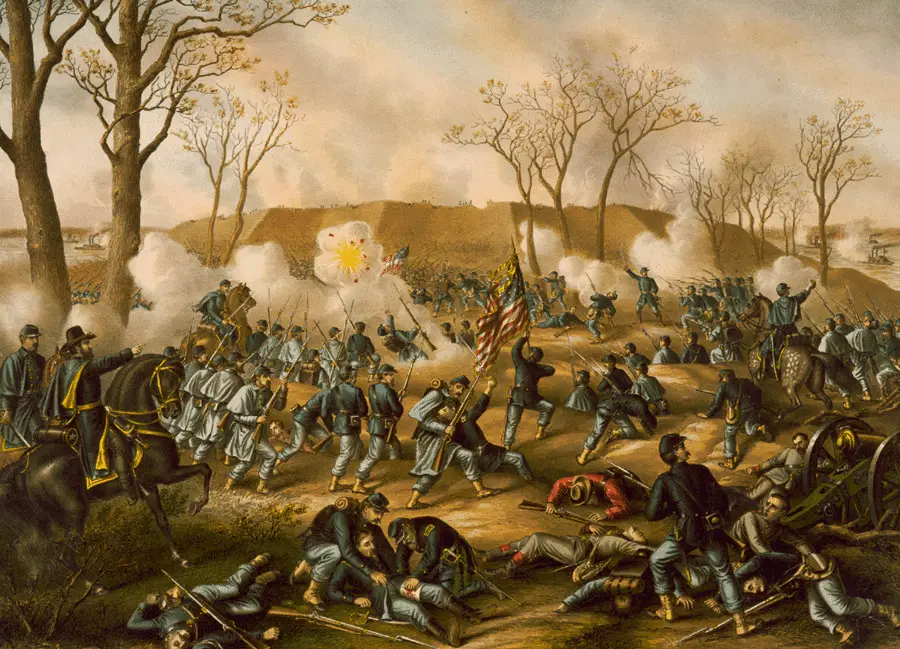
In retreat after The Battle of Fort Donelson was lost in February 1862 a Confederate paymaster is said to have buried a payroll consisting of $60,000 in gold and silver coins near Fort Donelson close to Bear Springs which is located on the west side of Lake Barkley.
It’s not clear what happened to the paymaster after he buried the payroll but I assume he was either killed or captured. As far as we know the treasure of gold and silver coins is still buried somewhere near Bear Springs and Fort Donelson which still stands in some form today. Fort Donelson was designated as a National Battlefield on August 16, 1985.
Lost Treasure Chest in the Buffalo River

The 125 miles long Buffalo River flows through Middle Tennessee. According to this story, a Union supply train was hijacked and robbed of a treasure chest that contained $50,000 in gold and silver coins presumably by Confederate soldiers.
It is said that they threw the chest into the Buffalo River about two miles northwest of Flat Woods Tennessee. Not sure how true this story is since of what I have heard there were no railroad tracks near Flat Woods during the Civil War. And why would you conceal a treasure chest in a river unless Union forces were after them and they didn’t want them to reclaim the treasure? Just something to think about.
But if it is true then the treasure chest of gold and silver coins still lies at the bottom of the Buffalo River under over a hundred and fifty years of silt and muck!
Buried Confederate Treasure in Dover
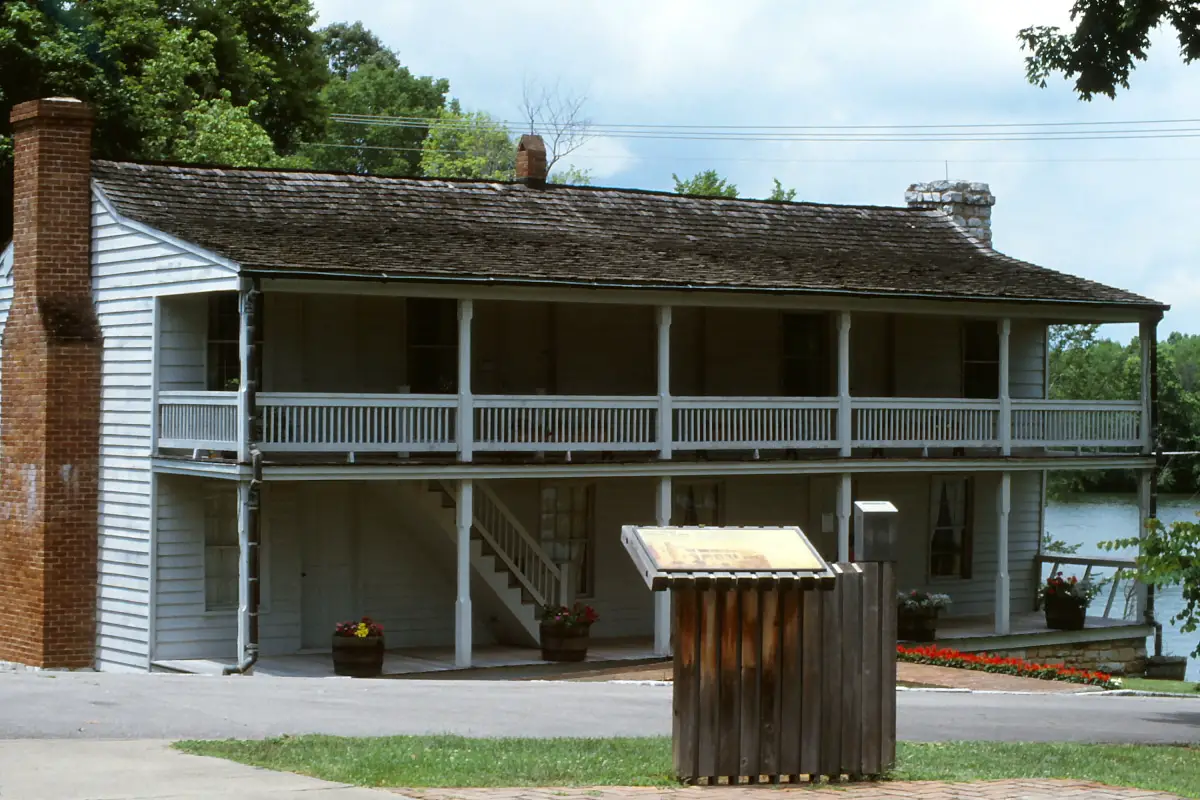
Dover, Tennessee lies about 67 miles west-northwest of Nashville. It is said that Confederate soldiers buried gold and silver coins in or around this city during the Civil War. These coins might have been buried after Confederate soldiers were fleeing their loss at the Battle of Fort Donelson in February 1862.
As a matter of fact, a treasure seeker might have found this treasure in 1962 when he dug up gold and silver Civil War-era coins. So you might be out of luck on this one but who knows there could be more!
Solomon Shaws Buried Kegs of Gold
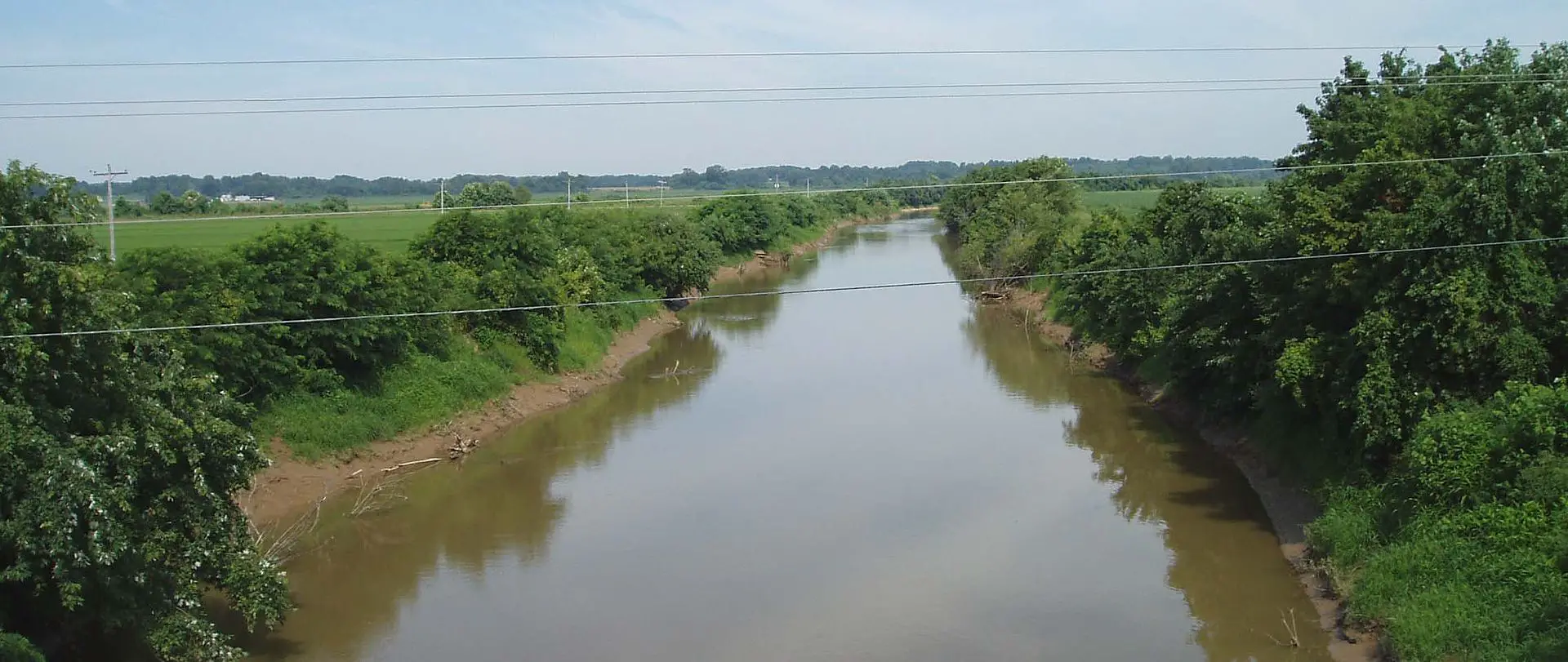
Solomon Shaw was a wealthy factory and mill owner before the start of the Civil War. He had a plantation that was located about four miles north of Alamo, Tennessee. Before the Civil War broke out he would store the gold coins that he made from his businesses at his home on the plantation.
Once the Civil War broke out he decided it wasn’t safe to keep his wealth out in the open like he was doing before the war. So he came to the conclusion that he should hide his gold. He rounded up three wooden nail kegs and placed the gold coins inside of them. He then decided he would bury the kegs in different spots so if someone happened upon one of the kegs he would still have the others to reclaim later.
So Shaw along with some of his servants probably slaves I would assume loaded the three nail kegs of gold coins onto a wagon and headed to Forked Deer River which was about two miles north of his plantation. There they buried the three kegs in separate spots and headed back to the plantation.
Then on July 14, 1863, some men possibly soldiers of the Union 1st West Tennessee Cavalry Regiment who were known for looting farmers in the area showed up on Shaw’s plantation. They found Solomon and tried to get him to tell them where he kept all of his money. Shaw refused so they strung Solomon to a tree where he ended up being hung. Solomon never did reveal the whereabouts of his gold stash. Shaws wife who was hiding in a cellar at the time survived.
Mrs. Shaw Learns About The Buried Kegs of Gold
At the end of the Civil War Mrs. Shaw while talking with their slaves learned about the buried kegs of gold coins. One of the slaves told her that they had traveled to Forked Deer River on a well-used wagon road that’s now known as Nance Road and that they buried the three kegs in different spots off that road between the Plantation and the river.
Mrs. Shaw went to try and recover the kegs of gold but she was unsuccessful. No kegs were found and they could still be buried off of Nance Road near the old Shaw plantation that was four miles north of Alamo, Tennessee.
Buried Union Payroll on Dollar Hill
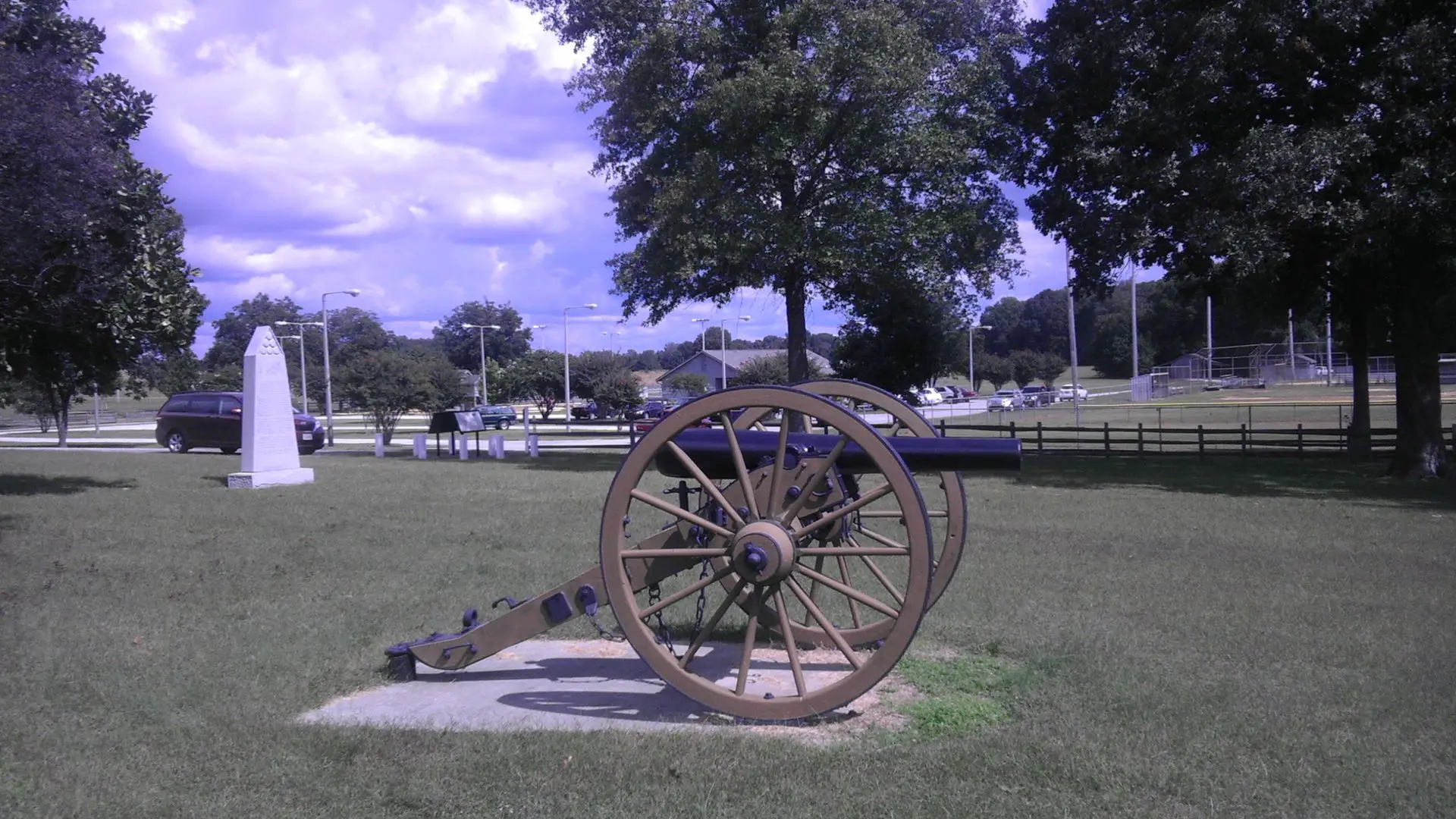
Just before the Battle of Parkers Cross Roads in Clarksburg, Tennessee Colonel Cyrus Dunham was in charge of 1,554 Union soldiers that camped at a spring on Dollar Hill near Clarksburg, Tennessee. While there Colonel Dunham got word that Confederate troops led by General Nathan Bedford Forrest were camped at Parker’s Cross Roads a town close by in Henderson County.
Colonel Dunham had $15,000 in gold coins with him that was to be used as payroll for the Union troops. The night before Colonel Dunham would attack the Rebels at Parker’s Cross Roads on December 30, 1862, he ordered two Lieutenants and a sergeant to bury the payroll in a chest about 20 feet from the spring they were camped near.
The next morning about 9 am Colonel Dunham and his troops attacked the Rebels at Parker’s Cross Roads. The Confederates won the battle. The Union soldiers that survived retreated to Dollar Hill where they were previously camped to reclaim the buried payroll but it began to rain and Rebel forces in the area pushed Dunhams troops back so they were unable to recover the payroll.
The two Lieutenants and the sergeant were all killed in the battle but there was a witness that survived named Allen Chambliss who was a Union scout. He said he watched as they buried the payroll on Dollar Hill. Chambliss later went back to Dollar Hill to try and recover the payroll but he never did find it.
There were five springs on Dollar Hill and he wasn’t sure which one they had camped near. By all accounts, the payroll is still buried somewhere on Dollar Hill close to Clarksburg, Tennessee about 20 feet east from one of the springs there.
Captain Kelly’s Buried Gold
A.J. Kelly was a Captain for the Confederate guerilla group that had split off from guerilla leader Duncan Cooper’s regiment of 150 to 300 men in the early half of 1864. The split of the group of soldiers was due to the fact that they were being closely followed by the Union’s 14th Michigan Regiment led by Union Major Thomas C. Fitzgibbons.
On January 27, 1864, Kelly along with a few of his men who were dressed in Union uniforms robbed Sheriff Thomas J. Cosby of Maury County of $13,000 in gold. They then traveled north in search of Colonel Duncan but he was nowhere to be found. So they decided to camp near Primm Springs, Tennessee.
Captain Kelly took two of his men from the camp with the gold and presumably buried it. They came back about 30 minutes later without the gold. After camping for a few days Captain Kelly and his men left the camp and went to the Alabama Crossing that was on the Tennessee River.
They later came back in the middle of February 1864 and decided to attack a group of Union soldiers that they believed they could easily defeat. They were wrong the Union forces outnumbered Captain Kelly and his small group of Rebels. Captain Kelly and nine of his men were killed.
Captain Kelly’s buried loot of $13,000 in gold was never recovered and is presumed still buried somewhere near Primm Springs, Tennessee.
The Beckham Plantation Treasure
Alexander Beckham owned a plantation that was located about two miles north of Tiptonville, Tennessee. He was a wealthy businessman during the Civil war and he is said to have buried a great deal of the gold he made in various places around his plantation.
One day in May of 1863 Union soldiers came calling looking to steal Beckham’s gold. Beckham would not tell them where his gold was buried and one of the soldiers shot him in the head.
Later his wife would say that Alexander would bury his gold coins in jars around their property. The family never did find any of these jars and they ended up selling the plantation and moving away. The gold has never been recovered and is presumed still buried on Beckham’s old plantation about two miles north of Tiptonville, Tennessee.
Lost Treasure Near Clear Fork Creek

Clear Fork Creek is a waterway that joins with the Cumberland River in Tennessee. This story states that a treasure of $15,000 worth of silver dollars was hidden in a cave near Clear Fork Creek where it joins the Cumberland River in the early 1800s.
People eager to find this treasure searched for years to no avail. The treasure hunters would focus their attention on an old trail that once ran through this area. Legend has it that the cave was marked by a carving of a horseshoe on a rock just above the cave. It also states that the cave faced West and that there is a large cliff just upstream from the cave.
It is also said that there is another large rock that has a point to it that faces downstream near the cave. After the War of 1812, a mill is said to have been built about six miles from the cave. All of these clues point to the cave being on Clear Fork Creek on the south fork of the Cumberland River.
That $15,000 in silver dollars would be worth millions today. They are said to have been newly minted Draped Bust silver dollars! Could you imagine finding this and if they are in a cave out of the elements these silver dollars would still be in mint condition!
For example, to give you an idea of the immense value of this treasure according to the 2022 Red Book which is the guide to United States Coin values just one Draped Bust Silver Dollar dated 1804 goes for over $20,000! Can you imagine 15,000 of them? You do the math!
A Treasure Well Spent
Arti Fuller had a plantation in Madison County Tennessee during the mid-1800s. Arti was a rich man by all accounts. One day during the Civil War Union troops led by Colonel Fielding Hurst made a visit to Arti Fullers Plantation. Hurst and his men of the 6th Tennessee Calvary had been known to steal from ordinary citizens throughout western Tennessee.
On this day they were looking to steal from Mr. Fuller. But Arti threw about $20,000 in probably gold and silver coins down a well on his plantation for safekeeping. Arti told the soldiers to leave so they hung him on a nearby tree three times trying to get him to tell them where his money was hiding. On the third round of hanging, Arti died not revealing where he kept his wealth.
Arti’s wife a few weeks later decided to sell the plantation. She was going to live with her sister in Holly Springs, Mississippi. Before she left the plantation she had the well filled with dirt. She never did take the $20,000 out of the well. When someone asked her about her husband’s money in the well she replied that my husband’s money was his and now no one else could have it.
The plantation was located in Madison County Tennessee just off of Highway 138 on J. Garrett Road. There could be a fortune buried deep in the ground near there.
Lost Confederate Payroll Near Tasso
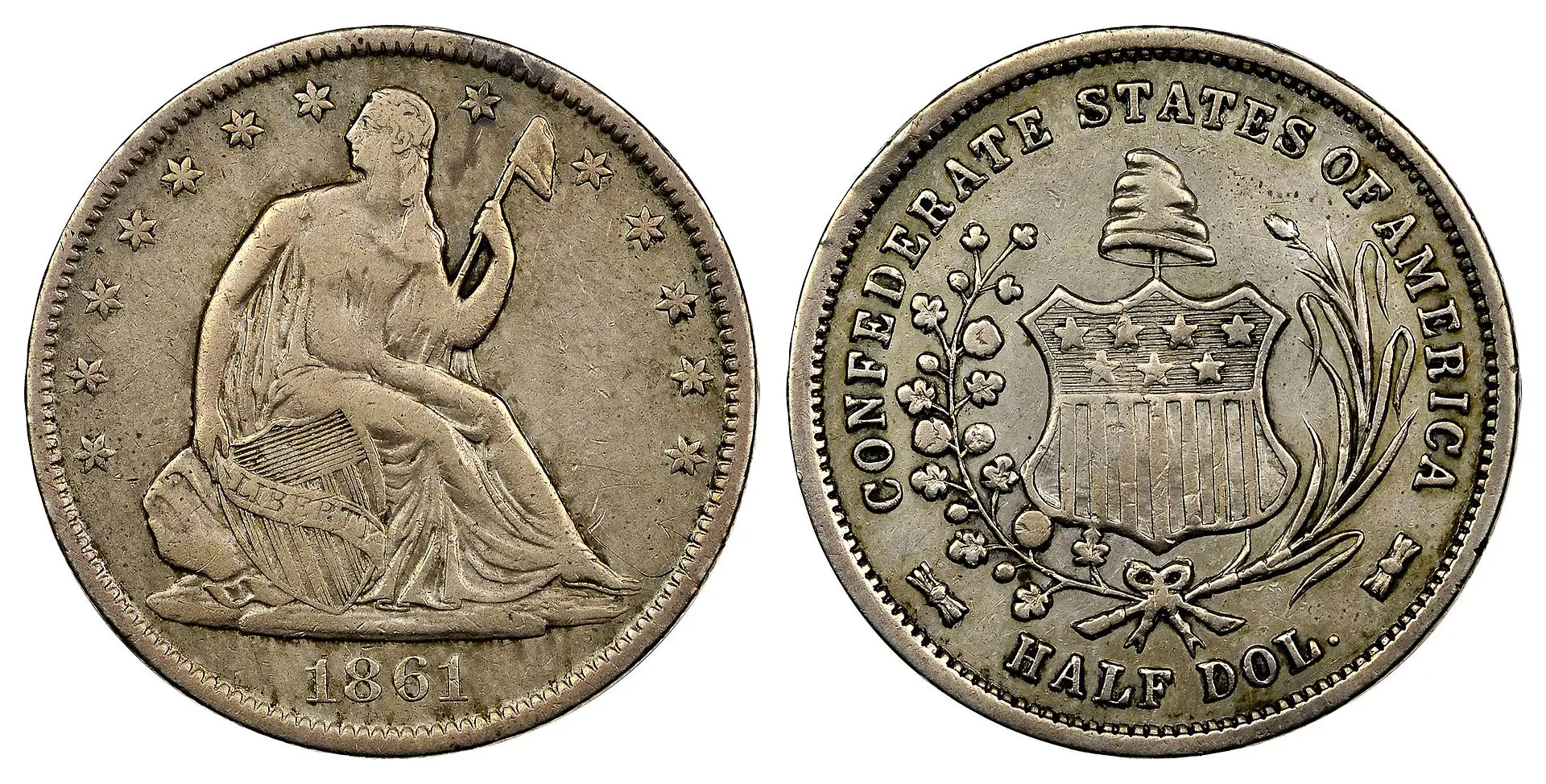
During the spring of 1864 Confederate troops Company C of Tennessee were camped near a railroad track just south of Chatata which is now Tasso, Tennessee. They had heard of a Union train that would be coming through that was being chased by a Confederate train. So they decided to set up explosives on the track to derail the Union train when it came through.
The Union train did not set off the explosives but instead, the Confederate train set them off derailing the rebel train and an enormous amount of debris everywhere. It is believed that what was on this train was a payroll of confederate gold and silver coins meant for the Rebel troops in Charleston, South Carolina.
Over the years since many artifacts including a Confederate sword, mess kits, silverware, and a few coins have been found in the area where the train derailed and blew up but no one has located the Confederate Payroll.
The payroll might have been scattered during the explosion or the surviving Confederate troops might have buried it because they were soon attacked by Union troops that were hiding in the woods. Another possibility is that the Union troops got a hold of the payroll and nothing was said.
Either way, treasure hunting and metal detecting for Civil War relics south of Tasso, Tennessee would be a lot of fun and I’m sure there is more to be found in that area. There also is a small creek in that area called Little Chatata where they found the sword in 1970. Could be more in that creek sunk in the mud!
Digging Deeper: Lost Treasures of South Carolina
Final Thoughts – Lost Treasures of Tennesee
Although many of these lost treasure tales are far-fetched some of them do have documentation and rings of truth to them. But one thing is for certain a big part of the history of the Civil War lies in Tennessee. There are many Civil War relics that are still hidden away in this great state just waiting to be recovered.
Well, that concludes are lost treasure stories for Tennessee. I hope you enjoyed the article and if you have any questions or comments please leave them below. Until next time Happy Treasure Hunting!
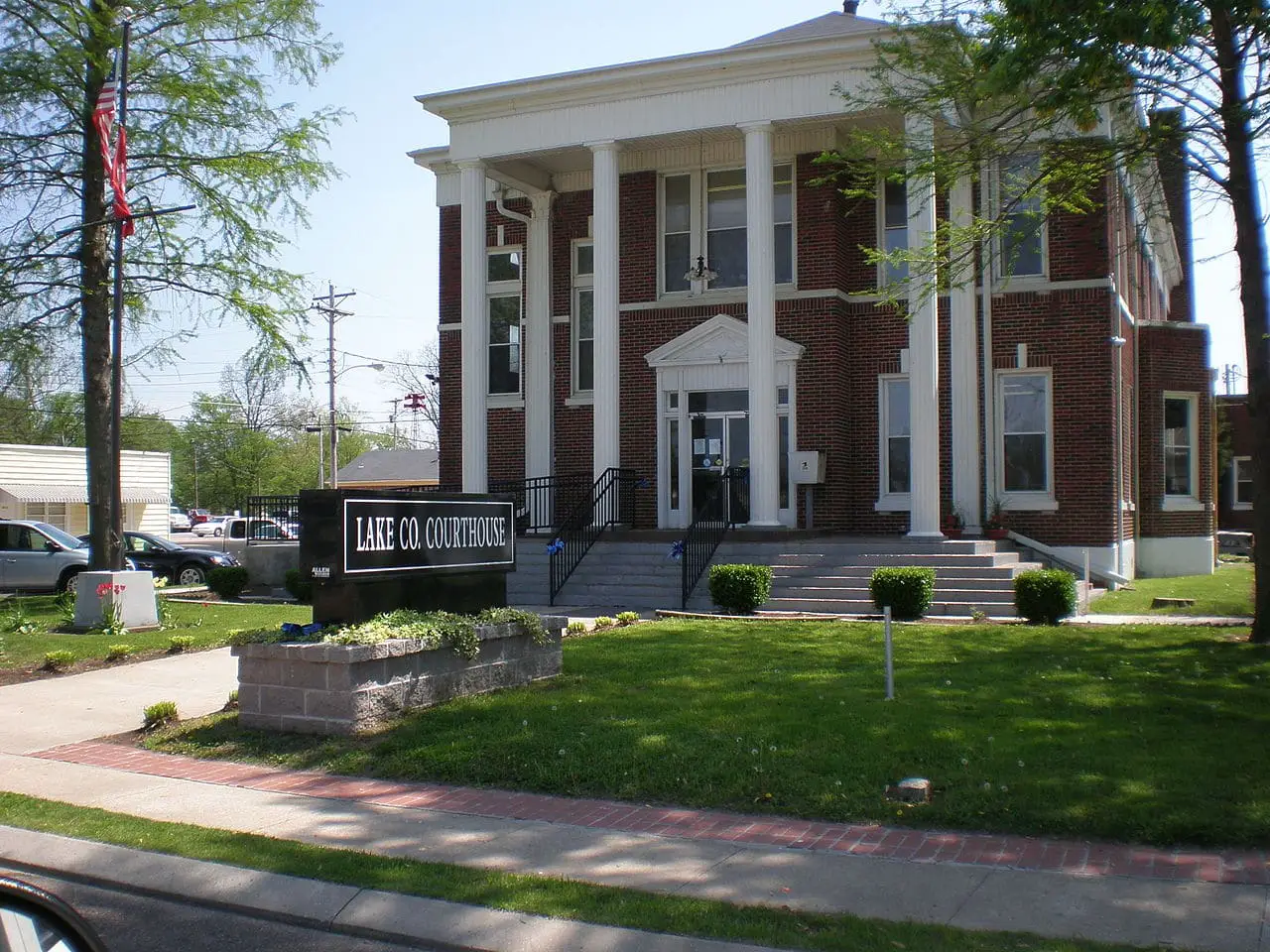

Hey Cory. I appreciate the articles you post. Such detail lots of work researching I bet. Great job. It’s almost 2:00 a.m. where I’m at so reading in bed these great stories is super. Ciao! From Idaho.
Hi Andrew,
I’m glad you enjoy these lost treasure stories. Although they are a lot of work I enjoy researching and bringing these stories to people like you. Thank you for the kind words I really appreciate it!
Cheers,
Cory
I’m 64yrs old now. But when i was in my 20’s an old lady who was approx 85 then told me and her grandson that when her family lived in a small town close to us. That when their family ran out of money and needed some that her dad would leave the house walking. He would stay gone 2 days then he would return a different direction. This happened everytime they needed money. Her dad would leave a different direction each time and return from another direction. But the moral of the story is that each time he would return with (gold). He would never tell any member of his family where he was getting it or how he acquired it. He died and took the secret with him. So somewhere close to our small town must be some gold that is still a secret.
Excellent story, thanks for sharing Tommy. The hunt continues!